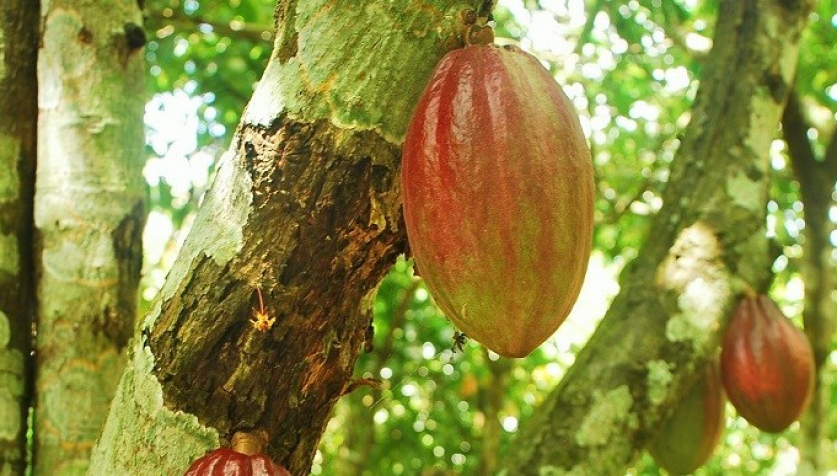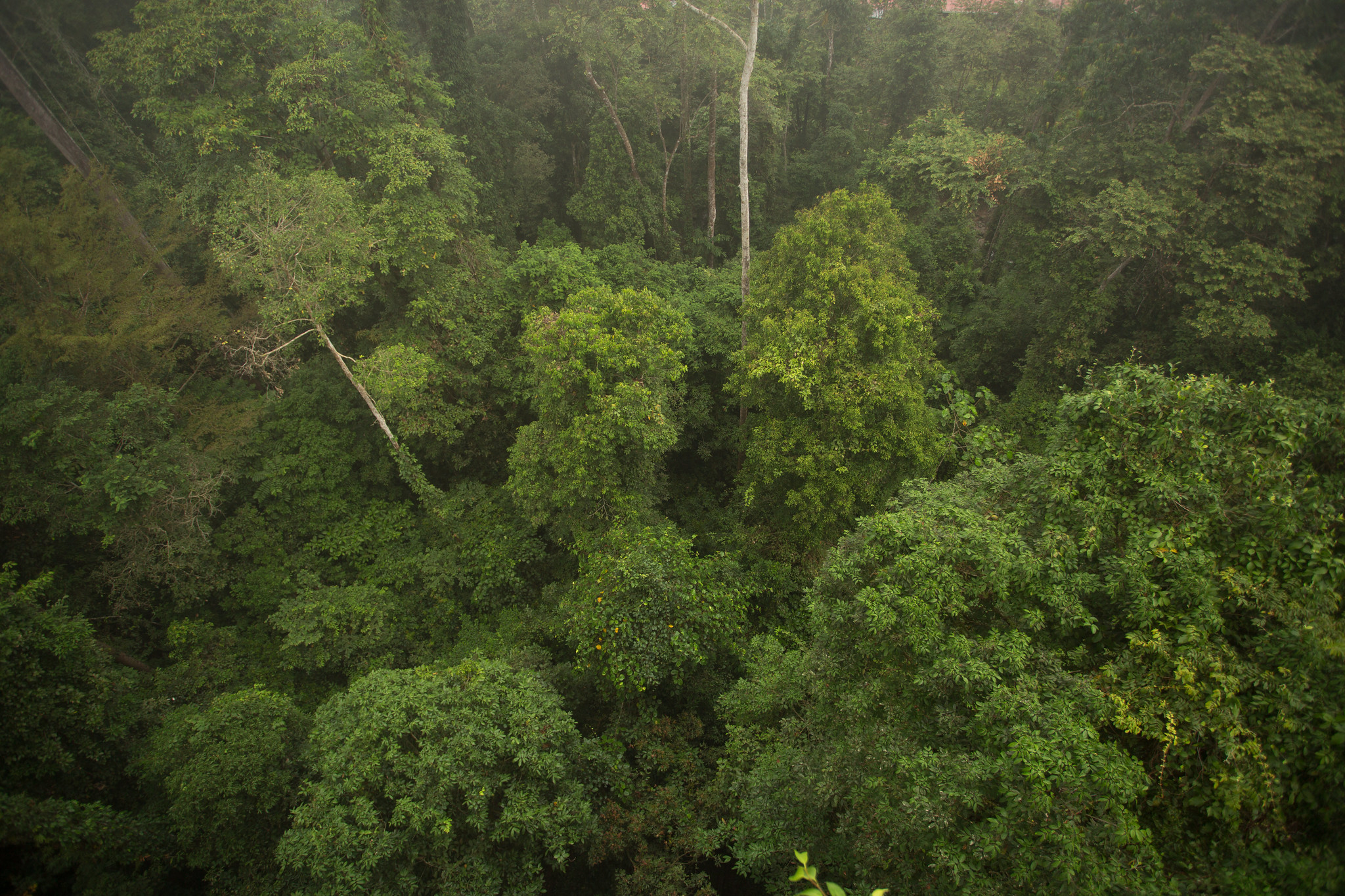The global food system on which we all rely has grown, in part, at the expense of forests. The expansion of commercial and subsistence agriculture is responsible for more than 70% of tropical deforestation, yet agriculture depends upon forests for key services such as water regulation and pollination.
Worldwide, more than 811 million people go to bed hungry. Meanwhile, a staggering one-third of global food production, valued at one trillion dollars a year, goes to waste. At the same time, food systems are under tremendous stress from loss of biodiversity and climate change. Clearly, the current global food system is failing people and the planet in some important ways. The challenge is to reconcile food production and forest conservation. And the momentum to take on this challenge is here.
Building upon growing scientific evidence and improved land use monitoring capacities, as well as pushed by increasing awareness of consumers, governments, organizations, companies seek to support, through various initiatives and programmes, a switch to a model of “deforestation-free” or “forest-positive” agriculture.
One of these programmes - UN-REDD- has been supporting the expansion of deforestation-free agriculture supply chains in several countries around the world.
In Côte d’Ivoire, the world’s top cocoa producer country, UN-REDD and the European Union are helping the government promote zero-deforestation cocoa. The ‘1 for 20 Partnership’ aims at mobilizing USD 1 billion to restore 20% of Côte d’Ivoire’s forest cover by promoting sustainable financing approaches, facilitating partnerships among private actors, the financial sector and public partners to set up scalable financing projects, and promoting dialogue among stakeholders for sharing experiences and capacities on sustainable agricultural models and practices.

In Ecuador, the PROAmazonia investment programme is advancing an “Ecuador Premium & Sustainable” strategy with technical assistance from UN-REDD that revolves around five main pillars, including the promotion of modern cooperatives, empowerment for rural women and youth, deforestation-free production, quality and traceability, productivity, and zero rural poverty. Launched in 2019, the strategy and its associated “Premium & Sustainable” fresh produce label aim to strengthen the productive chain for the commercialization of high-quality, sustainable products with full participation from producers and private companies.
In Viet Nam, UN-REDD supported the development of a jurisdictional approach for deforestation-free commodity production across multiple value chains. The approach will be piloted in the provinces Lam Dong and Dak Nong to reform the local food systems, so that they may develop a number of forest- and climate-positive responses, including deforestation-free coffee supply chains; agroforestry models; real-time monitoring of deforestation and land-use change; institutional capacities of local communities and civil society in monitoring and governance; safeguards systems; partnerships with the business sector; and integration with the master planning process.
The UN-REDD Programme will build upon these and other approaches to support the achievement of deforestation-free supply chains under the 2021-2025 UN-REDD Results Framework. In addition, the Programme has been, and will continue to, provide support to global and national tools and actions that underpin food systems transformation that turns the tide on deforestation, ensuring the inclusion of indigenous and local communities in relevant planning and decision-making processes.
The readiness of the Programme to support these efforts was further discussed at the UN-REDD Executive Board Meeting on 6th September that specifically focused on exploring the relevance of UN-REDD’s work to on-going policy developments that address the intersection of the food, forest, and climate agendas. The Board members encouraged [the Programme] to boost its support to countries working to in implementing priority national actions to transform food systems and halt deforestation and channel technical and policy support to enable countries and other stakeholders to engage in and benefit from forest-positive supply chains.
These efforts will further build upon the outcomes of the recent UN Food System Summit and other relevant national-level dialogues on food system transformation. The Programme will also play an active role in the newly launched UNFSS21 -driven multi-stakeholder coalition on “Halting Deforestation & Conversion from Agricultural Commodities.”
The coalition aims to work with like-minded countries and organisations involved in the nature-based solutions of the ‘production’ action area of the Summit. It will also work with partners engaged in other action areas, set out by the Summit, to deliver on the Post Summit agenda, including national pathways. Finally, it seeks to halt deforestation and foster sustainable food systems, as part of a new model of agricultural production that optimizes food production, enhances rural livelihoods, and protects and restores the natural environment.
With its ample experience, unparalleled inter-agency expertise and a unique position of a neutral broker, the UN-REDD Programme is ready to act on the opportunity provided by the global attention the Summit offers, to highlight and promote inclusive, sustainable, complementary approaches that benefit forests, food systems and local livelihoods.


